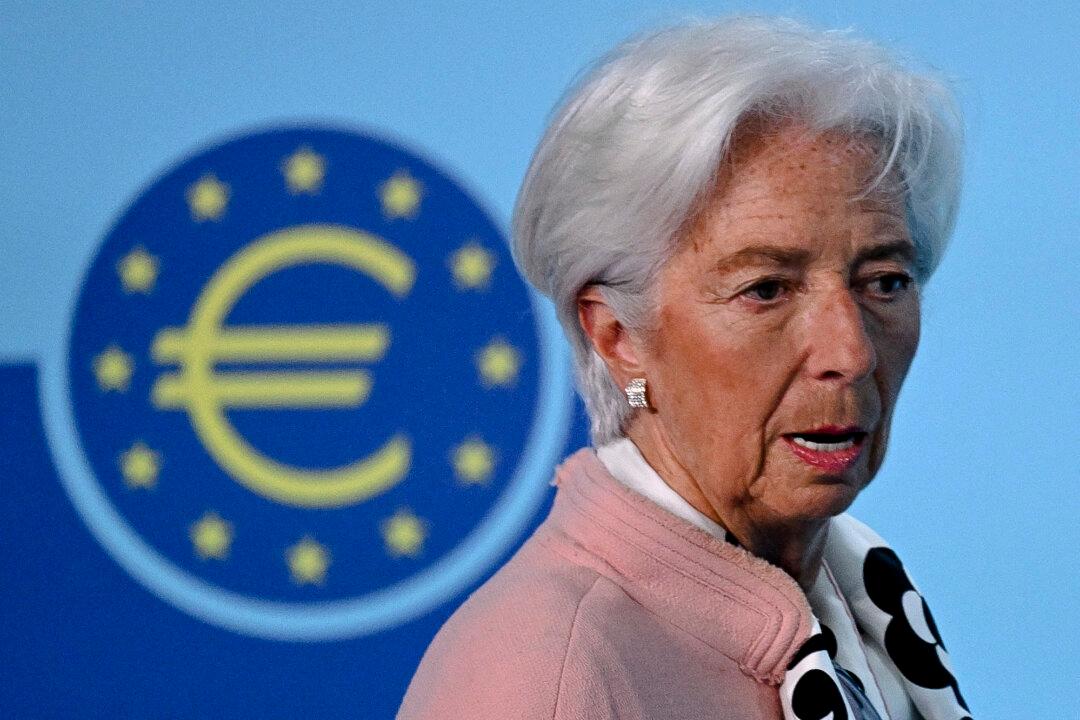European Central Bank (ECB) President Christine Lagarde said the euro could emerge as a serious alternative to the U.S. dollar as the world’s reserve currency, provided the bloc deepens its financial and security architecture.
She said U.S. President Donald Trump’s trade policies are shaking the foundations of the dollar-based global economic order.





